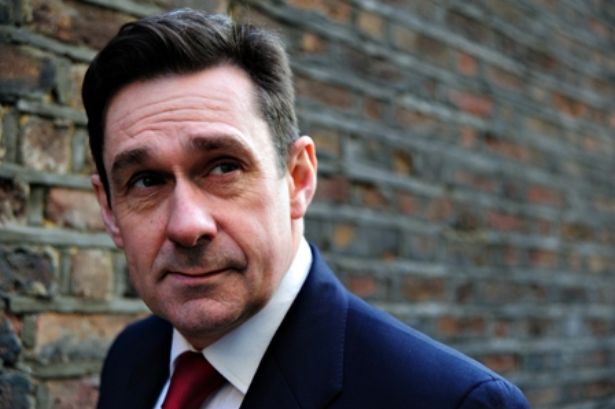Erm, why?
Paul Mason says something that confuses us greatly. It's as if he's never actually heard of the concept of spontaneous order:
But in a smart city, you need data to flow freely across sectors that, in the commercial world, would normally be separate. The energy system needs to know what the transport system is doing. And the whole thing needs to be run like a “God game”: the city government, not the individual, must exercise control.
This is exactly the wrong lesson to take from these new technologies. But it's that old idea again, the idea that "someone" must be in control. Someone must run the country, someone must run the economy, someone must pan and detail what people and systems must do. And we've good evidence, we normally call it the 20th century, that this isn't how to make the world function effectively.
Certainly, there need to be rules, but those that work best are simply codifications, clarifications if you will, of what people are doing already. So look to society, see what people are doing, then write down what people are doing. But the idea that there needs to be a plan, a controller, over and above this is simply wrong.
Which is rather the point of these new technologies. Yes, at our previous stage of technology it was necessary for people to plan cities to some extent. But the entire point of the new level is that we can just hand this back to voluntary interaction. There doesn't need to be a Fat Controller in a system where we can all effectively interact.
That's entirely the point. We're now able to make cities work, if we're to believe this smart city hype in the first place, as markets, not planned systems. And markets don't need that God running the game, they manage it quite happily on their own.

